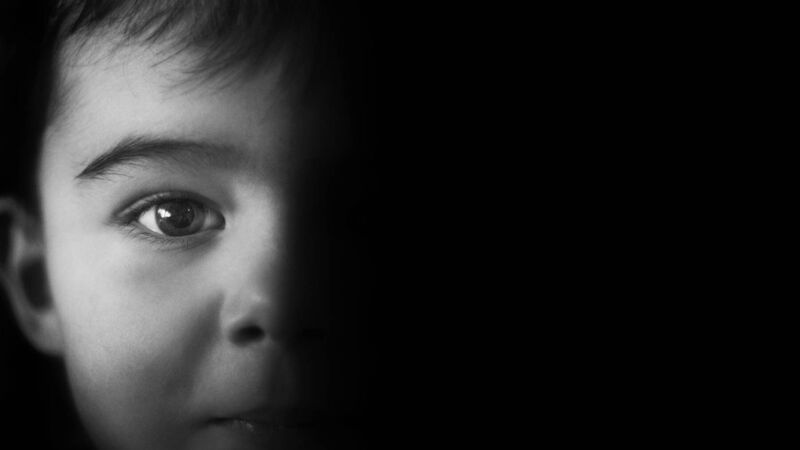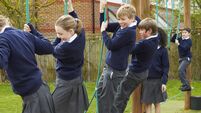Colman Noctor: Filtering the truth to protect your child

Picture: iStock
My 11-year-old asked: "Is there going to be a world war?" when a news story about Russia and Ukraine came on the car radio. I replied: "I hope not. Some countries are arguing at the moment, and hopefully, they will sort it out." When I noticed the worried expression on his face, I added: "but it's happening on the other side of the world, so it won't affect us".
Though my comment did nothing to encourage his sense of social responsibility, in that moment, I felt it was more important to provide him with a sense of safety than try to develop his social conscience. Children have been exposed to a constant stream of fear in recent times, from climate change, a global pandemic, and now a potential full-scale war, and they need to be protected.
But the simple explanation was not enough for my son. "Whose side are we on?" he asked.










